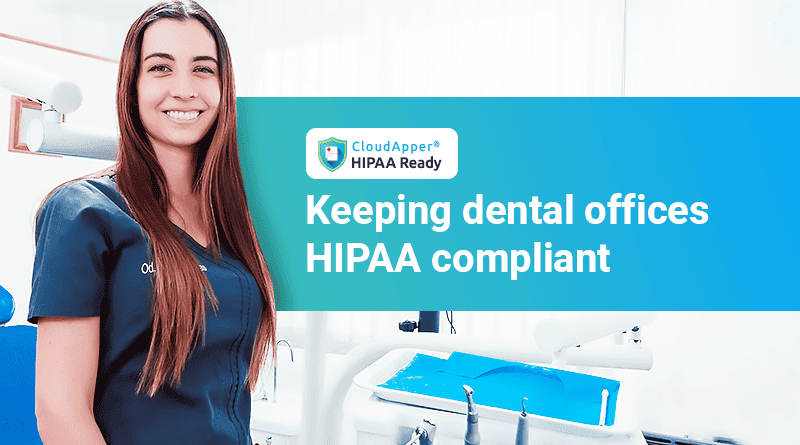Many hospitals have had a hard time finding an accurate, convenient, and economical way to keep up-to-date with the very complex regulatory requirements of HIPAA. After seeing this disappointment in the U.S. healthcare system, we created the HIPAA Ready app. The app is a modern and powerful HIPAA compliance software that will allow a hospital to easily and affordably handle all conformity activities.
Let us see the roles of HIPAA compliance hospitals, in line with this discussion.
Policies and Procedures and Notice of Privacy Practices
In the area of HIPAA enforcement, the first step is for all hospital staff members to observe policies and procedures. For such policies and procedures, proper documentation must be in place. With HIPAA Ready, policies and procedures are much easier to construct and implement.
Minimum Necessary
Hospitals need as a rule to consider how much information each employee can receive to perform their tasks. The hospital should assess its practice and enforce protections to restrict unauthorized or unwanted access to and disclosure of protected health information (PHI).
Patient Authorization
HIPAA standards require that hospitals should receive patient permission before disclosure of their PHI to perform payments, treatment, and healthcare operations. However, there are some exceptions where the authorization of the patient is not necessary. For instance, the patient is unconscious or seriously wounded and incapable of making their own medical decisions, then the doctor may contact the families of the patient and discuss their health records. Also, doctors can share health information with other medical providers if they are involved in the patient’s care.
HIPAA Security Safeguards
Under the HIPAA security rule, hospitals must incorporate adequate administrative, physical and technological protections to secure their electronic health records. These records are known as Electronic Protection Health Information (ePHI).
Understanding the precautions is highly necessary since the practice cannot cover all requirements. Hospitals are advised to apply fair protections and when the safeguards are found to be necessary.
To learn more about the safeguards, please review these articles:
HIPAA Administrative Safeguards
Business Associate Agreements
A hospital may not function on its own. They need assistance from different third-party organizations, who often establish, store, transmit PHI or execute a specific task on their behalf. Hospitals must conclude with those third parties’ appropriate Business Associate Agreements (BAA). A full report on Business Associates was previously written. See the link for more information on business associates’ requirements.
Assigning a HIPAA Privacy and Security Officer
In ensuring hospitals’ compliance, HIPAA privacy and security officials play a key role. In certain organizations, a single person is given the position of both the privacy and security officers. In others, a complete department can monitor policies and procedures related to HIPAA enforcement. See how HIPAA Ready will simplify data protection and security officers’ duties.
HIPAA Training
The most important part of HIPAA compliance for a hospital could be employee training. The provisions of HIPAA law must first of all be understood by hospital personnel, physicians, nurses, and other healthcare professionals before anything else. Employees will need annual refresher training. Annual refresher training keeps staff informed about what they learned during their training.
Utilize HIPAA Ready’s Compliance Management Software For Hospitals
In addition to the above basic steps, other procedures often need to be taken in hospitals. Like, as example, HIPAA risk assessment, documentation, and periodic audits. Periodic audits help detect the flaws in practice that may jeopardize the safety of medical records.
These audits do not have to be difficult. HIPAA Ready can also be used in hospitals to perform annual audits and risk assessments, as well as management training, policies, practices, business associates, and documentation.



















